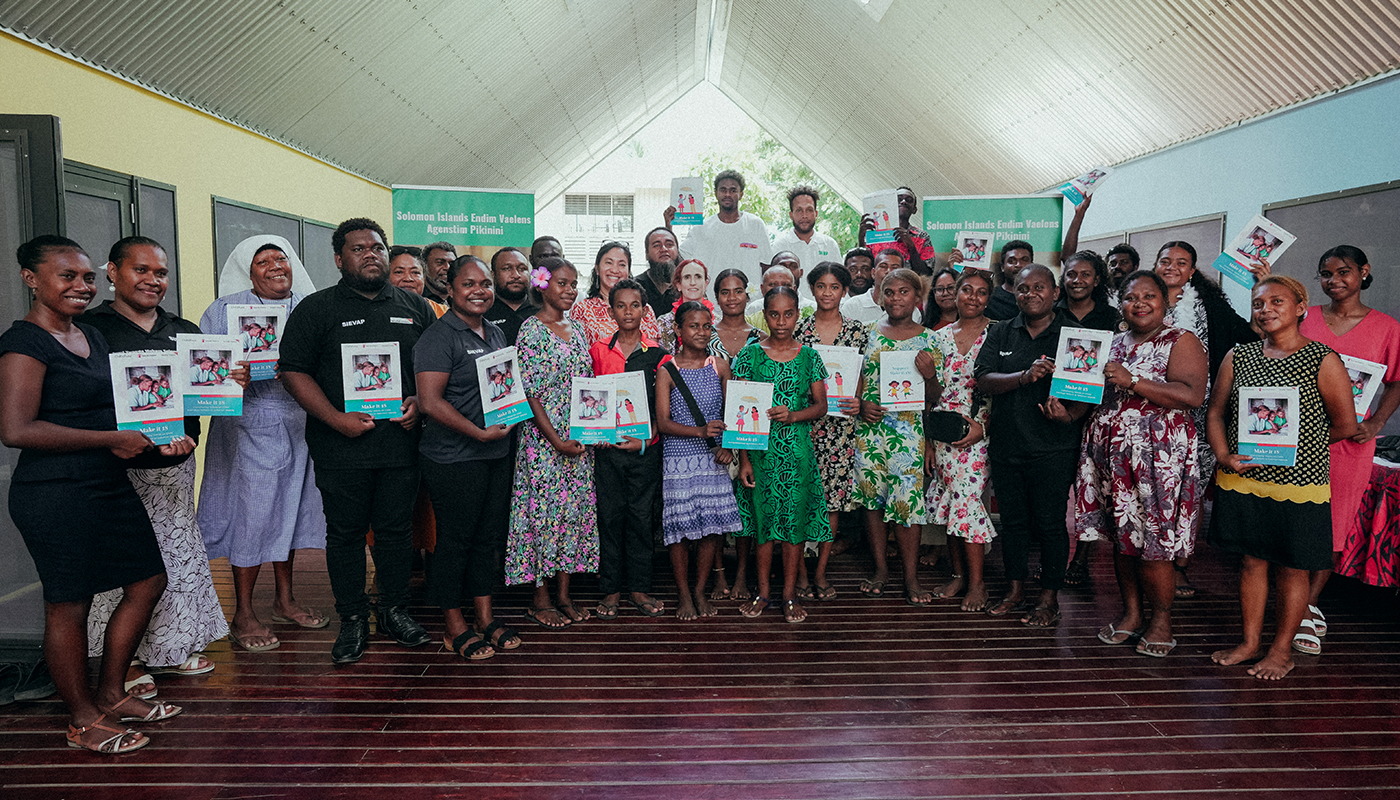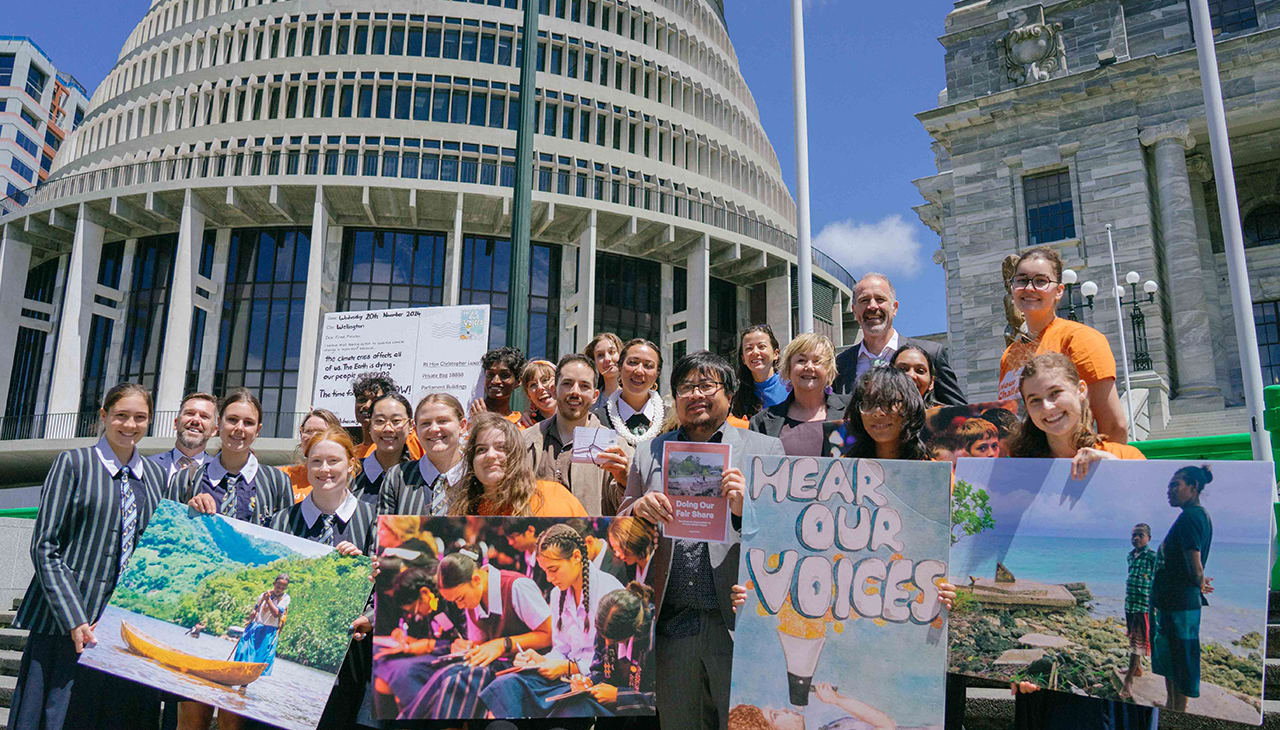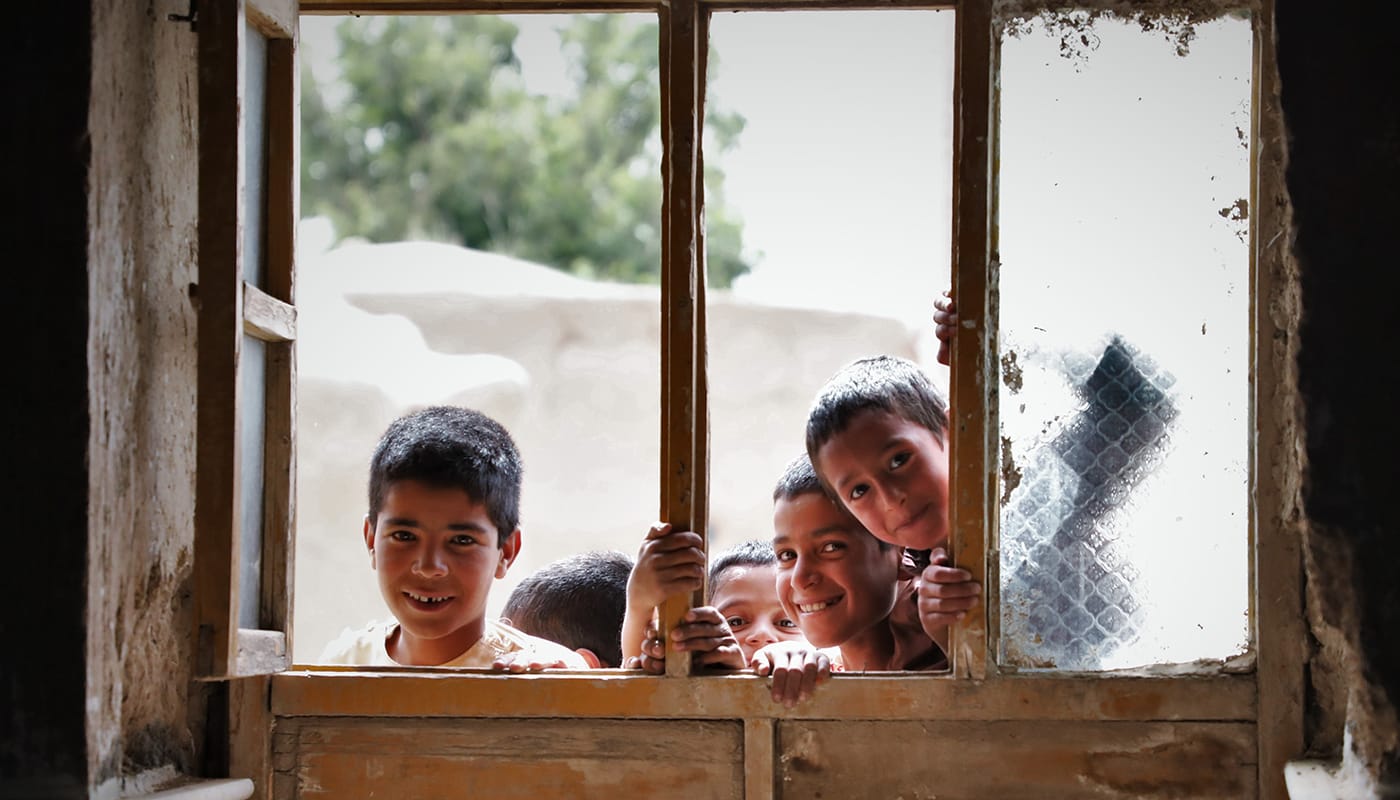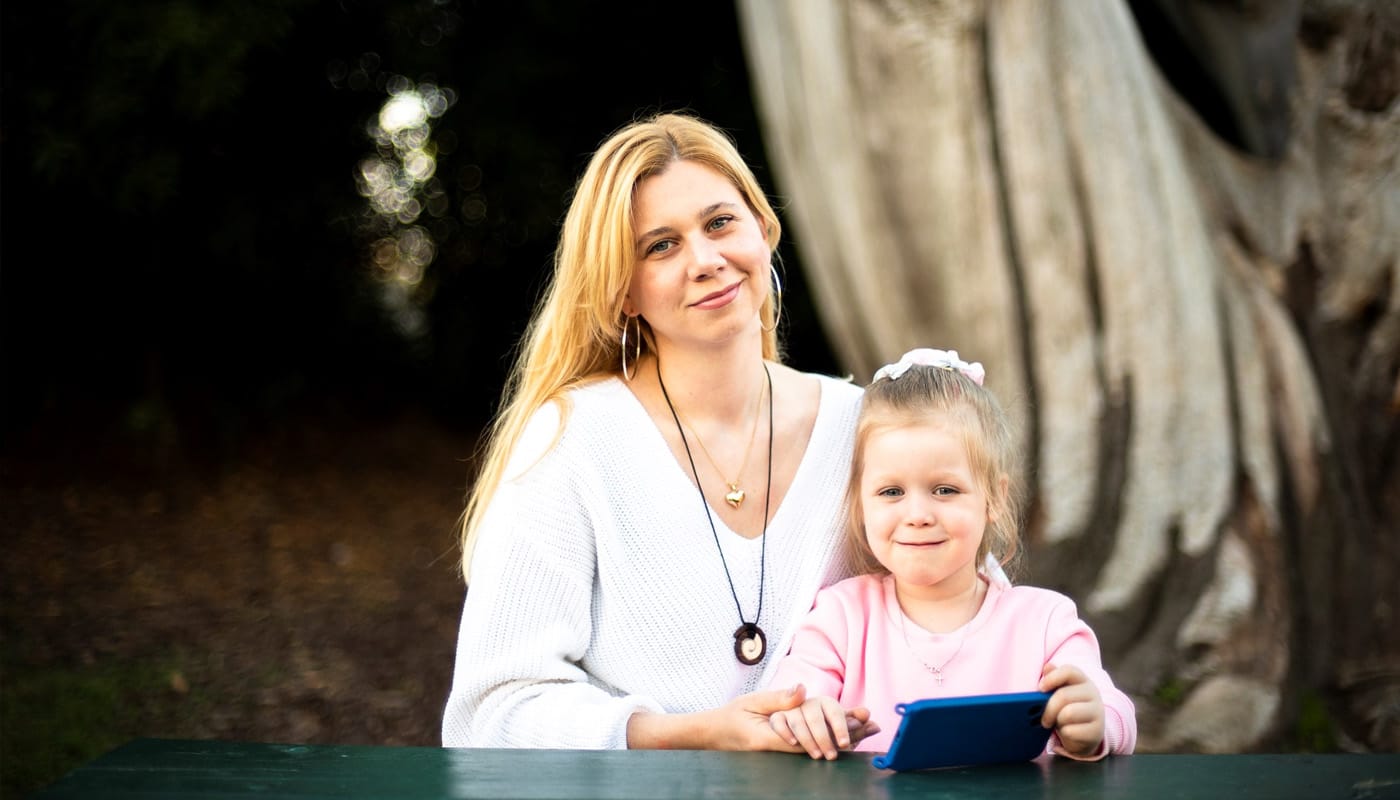We want all children, everywhere, to live in safety and dignity.
We advocate for lasting change. We believe in the power of a person’s voice and its ability to do the impossible, to battle inequality and call for justice. We relentlessly advocate for an end to violence against children and ensure the voices of the world’s most vulnerable children are heard loud and clear.
As we work alongside communities to build a better world for children, our advocacy challenges the policies, systems, structures, practices and attitudes that make it difficult for vulnerable children and their families to experience life in all its fullness.
By addressing the systemic contributors to and causes of poverty, World Vision’s advocacy work ensures that community transformation is sustainable and scalable. World Vision advocates at the local, national, regional and global levels, informed by our experience working with communities.
We're taking action against modern slavery.

Every person should be free from slavery, safe at work and treated with dignity. In New Zealand, we're connected to children, women and men trapped in slavery through the clothes we wear and products we buy. Unlike many other countries, New Zealand has no accountability for companies creating our products. But our government can change that.
A group of experts, including a representative from World Vision have drafted a Modern Slavery Bill that is ready for introduction to Parliament: the Combatting Trafficking in Persons and Modern Day Forms of Slavery Bill!
This bill represents three years of hard work and collaboration with you! It marks a key milestone in our campaign for modern slavery legislation.
Learn more about the bill
Children advocating for change in Solomon Islands

All children in Solomon Islands have the right to be protected against child marriage. Currently 21% of girls and 4% of boys are married before the age of 18 in Solomon Islands with 6% of girls married before the age of 15.
Through our Make it 18 Campaign, we’re calling on the Solomon Islands Government to raise the legal marriage from 15 to 18, ensuring every child is protected from child marriage. Children, youth, parents, and leaders have voiced overwhelming support for legal reforms to prevent child marriage. Our latest report captures their voices and outlines actionable recommendations to the Government of Solomon Islands that we hope will lead to law change.
Read the report now
Advocating for a stronger, fairer Climate Finance

With the establishment of a new climate finance global goal of US$300 million by 2035 at COP29, wealthy countries like New Zealand need to take the lead in meeting this goal to support countries on the frontlines of climate change.
World Vision New Zealand is urging the Government to commit to paying its fair share of the new global goal when its current funding ends in 2025. Our recent report with Oxfam Aotearoa finds New Zealand’s fair share to be at least 0.38% and up to 0.66% of the global goal.
Learn more
We're advocating with refugees forced to leave everything behind.

Afghanistan evacuation and resettlement research report
This research highlights the challenges faced by Afghan nationals who resettled in Aotearoa New Zealand in 2021 following the fall of Kabul.
The report, commissioned by World Vision, Amnesty International, and Action Station, urges the New Zealand Government to provide equal support to all people who resettle for humanitarian reasons, and to develop and resource an effective crisis evacuation and resettlement model for future emergencies.
“I could see the fear, the fear of not knowing where to go, where to get support, and also not being able to express themselves because of the language barrier.”
Read the report

Special Ukraine Policy Survey
In March 2022, the New Zealand Government announced the Special Ukraine Policy. This policy allowed for 4,000 Ukrainians to enter New Zealand, however we were alerted by the fact that very few people were arriving.
World Vision with Mahi for Ukraine surveyed nearly 200 Ukrainians to understand barriers in accessing the visa and produced a report with key policy recommendations for the Government.
In 2023, the Government agreed to several of the policy changes, which allows more Ukrainians to seek safety in New Zealand.
Read the report